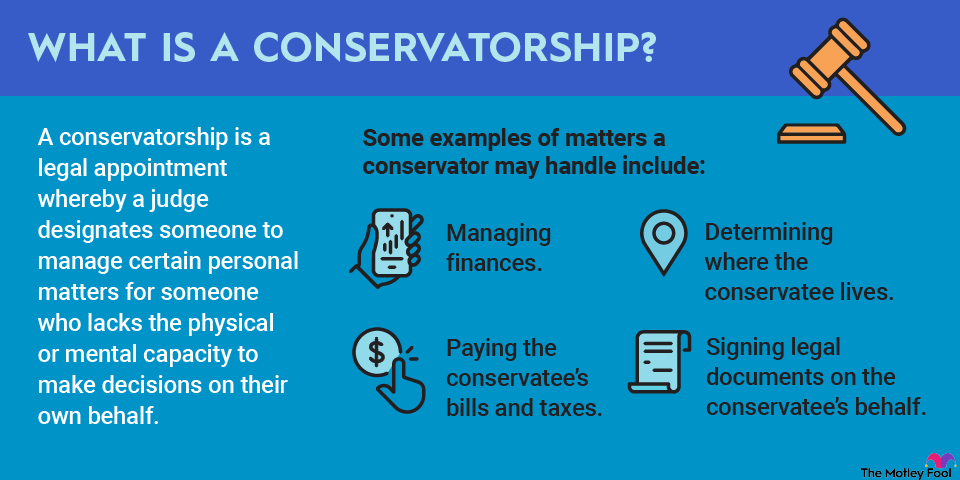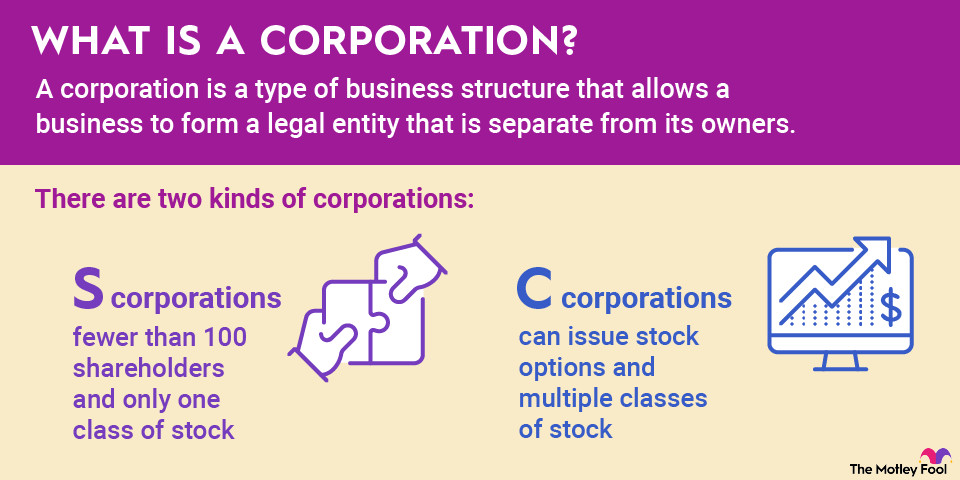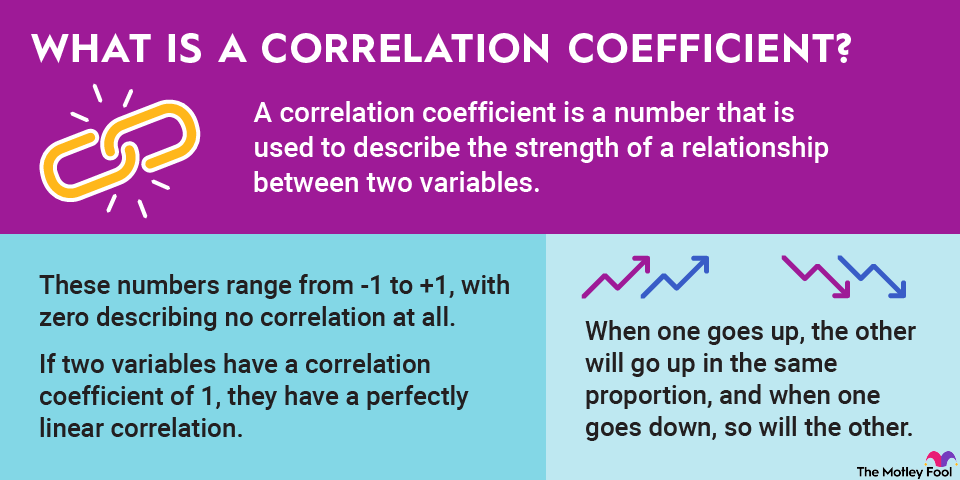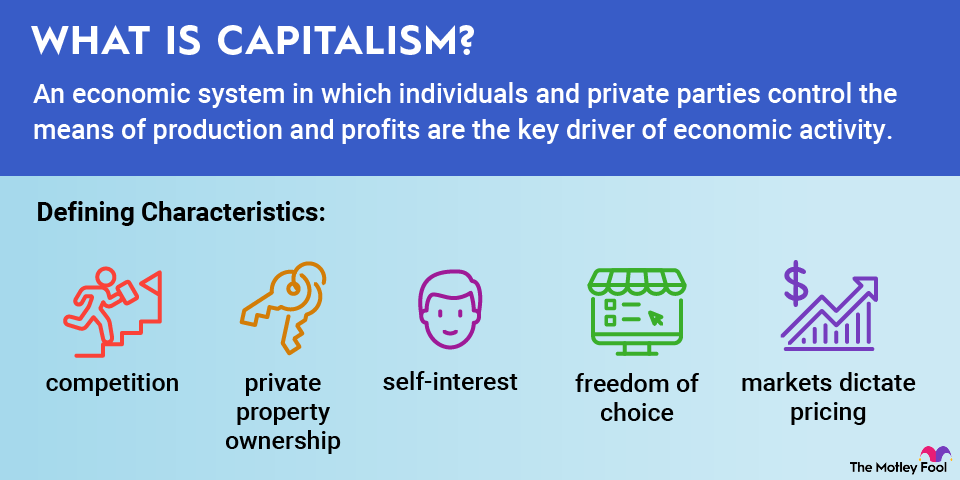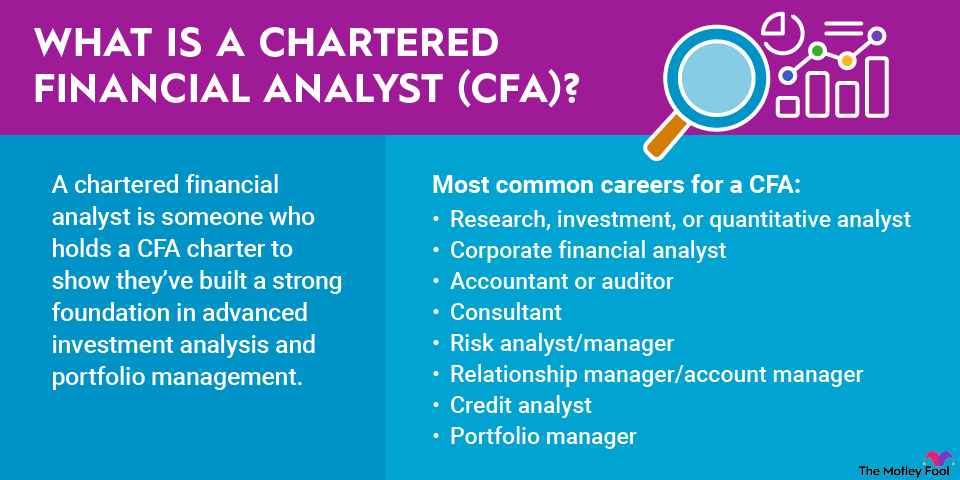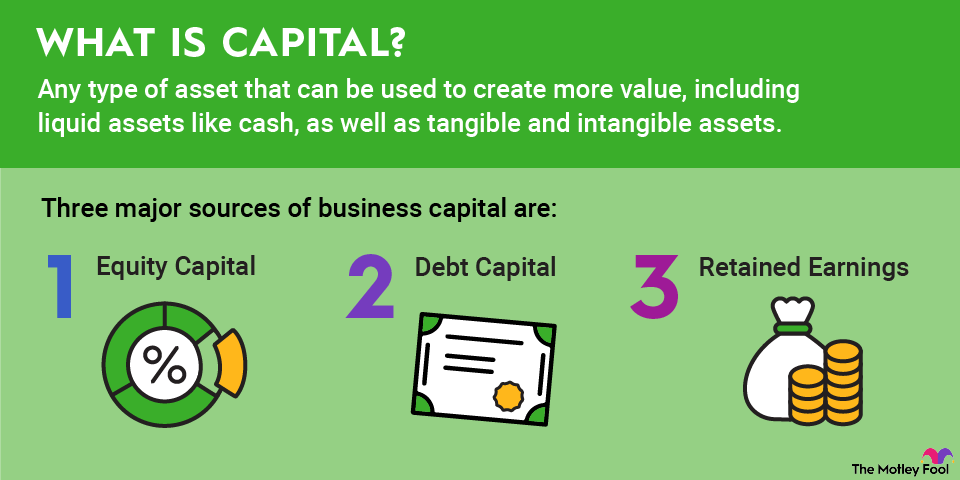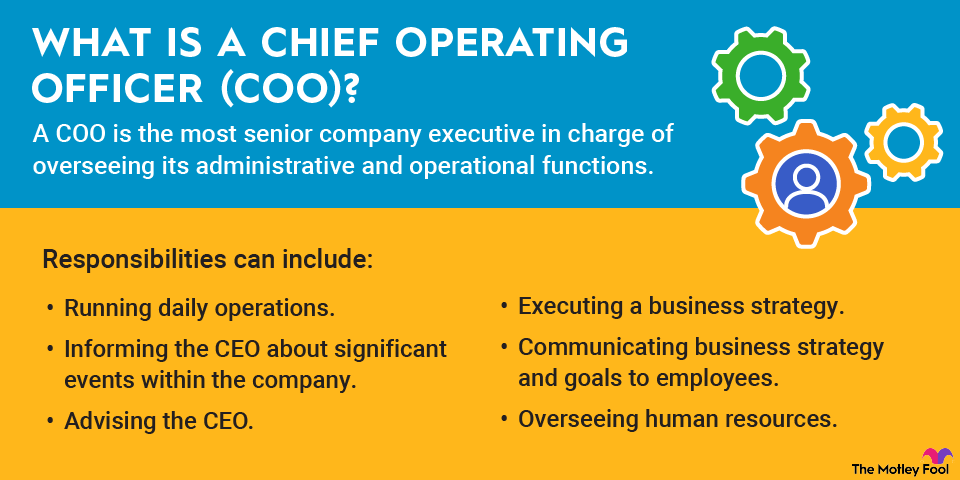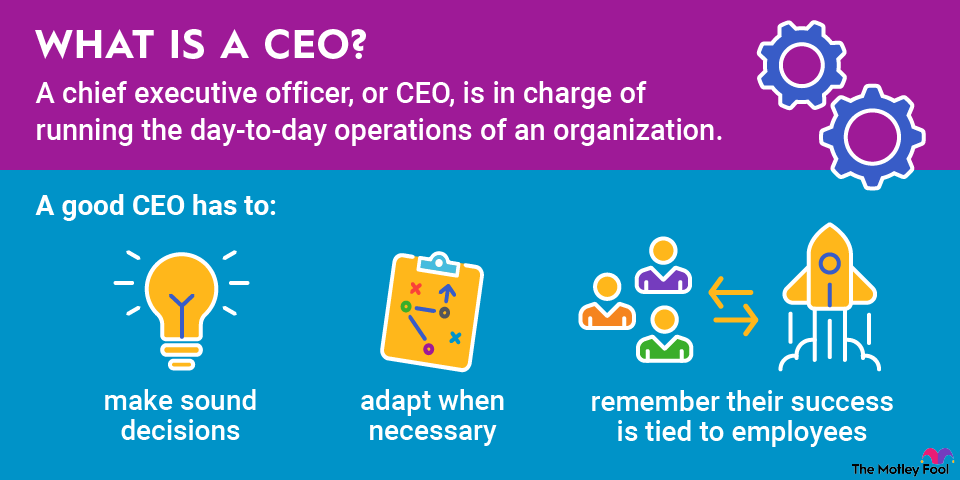If you're a member of the Motley Fool investing community, you've likely come across the term "CAPS." But what is it, and most importantly, how can it make you smarter, happier, and richer?

What is CAPS?
CAPS is a system in which the collective might of the Motley Fool community comes together to rate stocks based on their merits as companies and their potential as long-term investments. CAPS stock ratings fluctuate throughout the year based on how companies are performing, as well as how they're reporting their income, their debts, their struggles, and their wins.
CAPS is a free service that anyone can join and participate in, allowing the entire world to have a voice in rating stocks on a lot more than just rockstar CEOs or flash-in-the-pan trends that may fizzle out in the long run. Thousands of stocks are rated, giving you plenty of data to look at and learn from.
How does CAPS work?
New CAPS users can log into the system for the first time and immediately start making their picks. The system asks whether you believe they'll outperform or underperform the S&P 500. Five-star rated stocks are the companies the community has the most conviction in, while one-star stocks have the least conviction.
Once you've rated seven stocks, you get your own CAPS rating, and the system can then start sending you personalized stock picks based on your opinions of the stocks you've already rated. This begins the Monday following your CAPS rating, when you'll start receiving "Stock of the Day" picks in your Buzzbox. They're not guaranteed winners, of course, but are instead ideas for you to consider while looking for your next investment.
The more CAPS calls you make, the better your picks will be.
What else can you do with CAPS?
CAPS is more than just a stock-picking algorithm. It can also assist in stock sentiment research. CAPS ratings are as much about the community's opinion about a stock as they are about a stock's current performance. CAPS calls allow users to reflect where they believe a stock will be in a few weeks, several months, or years later.
But, because we store CAPS data, we can also examine the longer-term sentiment among other investors, too. For example, if you have been considering a stock that's in CAPS and you see that it's been a five-star stock for months, you may be pretty inclined to want to own it.
However, if you can see that it was a five-star stock but has been trending downward, it might be important to look at that company very, very closely and figure out exactly what is causing the community to feel that way about it. In fact, you can go all the way back to Nov. 1, 2006, to check CAPS ratings.
Related investing topics
Three ways CAPS can improve your investing
CAPS is more than just a competition to see if your stock picks will beat the market; it's a tool to help improve your investing over the longer term. If you're an active CAPS participant, it can help improve your investing immensely by:
- Helping you better understand market sentiment. Maybe you can't see what the whole market is thinking, but you can see how other Motley Fool members are feeling about a particular stock. It's a good way to get some idea of market sentiment regarding popular stocks.
- Giving you ideas for new stock investments. Sometimes the best stock investments are right in front of us, and we don't even see them. Or we see them, we aren't particularly swayed one way or the other, and we pass. With CAPS, you can look that stock up and see if there's a reason you should be a little more excited.
- Comparing your past to your present. Over time, you'll build up a portfolio of CAPS calls, for better or worse. Looking at your past performance can help you become a better investor, especially when using a tool like CAPS, which encourages you to justify your position. You learn, you grow, and you make CAPS calls.
